Colleges as Training Grounds for Employment

by Olanna Okonkwo (Nigeria)
Aristotle, one of the greatest thinkers in history, said “education is the best provision of old age”. People learn and upgrade their skills and knowledge throughout their entire lives. Today, the number of students who decide to continue their education to college is greater than ever, due to the fact that the majority of rewarding careers created in the market demand higher education. With the growing requirements of today’s careers, the goals of education are more complex than ever. Nevertheless, the increased interest for college education resulted with loosened application standards, as well as a greater choice of programs and online accreditation courses. The changes are based on new technologies and educational methods that engage students in creative and critical thinking, but fail to prepare them for the real-world challenges.
Learning affects everyone’s life. We all go through times of intense and passive study that form our intelligence, base of knowledge and perception of the world. Studying is traditionally associated with school, where children have their first contact with a thorough, conscious and imposed way of learning. Although the process of learning is based on highly-individual practices, the educational system places everyone in the same general environment.
Throughout the development of the studies, the student is faced with abstract demands and has difficulties to implement the obtained knowledge into practice. When someone is found on a crossroad after graduating from high school, they are struggling to make a definite choice of an area they will specialize in. Due to that fact, the college educational system enables students to experiment with different courses until they find their focus. Although this approach is successful for some learners, it leaves others with a large base of knowledge that is incompatible with the requirements on the career market. Not all students are able to assemble the pieces of this mosaic and be completely prepared for a particular career when they graduate from college.
The concept of career readiness raises important questions about what we need to learn and how we can obtain knowledge in the most effective way. Although the ability to attend different courses helps students to gain greater general knowledge, it diminishes their genuine talents and life goals. The obvious choice of electives does not involve the most intriguing courses; the student usually goes with the less challenging options that require less work for a higher grade. Once they achieve the grade they aim for, students are not inspired to look back on the things they learned. This tendency to avoid risks does not reduce the psychological pressure of becoming “career ready”. Throughout our entire lives, we are constantly searching for ways to realize our inner potential. We won’t be able to achieve that unless we determine our final direction during our studies. Once students are on the right route, they have a sense of belonging and self-esteem that leads to real career readiness.
The main idea of education is to prepare people for a successful future. College professors have an important mission to enable students to move from the current point of life towards the future they see themselves in. However, the contemporary means of education do not shape the student’s prudence, wisdom and decency. The premise that education will save our society is wrong; it is the way we learn and educate that will change the world. The explosion of information and trivial knowledge does not improve people’s skills. Instead of preparing themselves for the future, college students are focused on memorizing facts that won’t help them solve problems in the real working environment. Although that type of knowledge does contribute towards an arrogant understanding that we are modern, most college students find themselves unprepared to face the real world after graduation.
A learner’s engagement and effectiveness is dependent on how well the educator uses teaching methods. As long as students are being pushed towards general knowledge and skills that are not associated to their career goals, the information they memorize will soon be forgotten. College professors do not have great influence over the trends of today’s educational system and its legal framework, but have absolute control over the teaching process. They need to understand the goals students want to achieve with education and compensate the weakness of general curriculums with practical lessons that will lead to pragmatic and functional knowledge.
The goal of college is not solely associated to shaping students’ skills; education also pays a crucial role in the development of their personalities. Today’s college system needs to be reshaped for students to obtain practical knowledge and skills that will help them overcome the gap between education and career progress. The ultimate aim of college education is establish a community of academic citizens that are actively engaged, enthusiastic and devoted to our society’s wellbeing. Instead of being focused on passive transfer of knowledge, academic writing assignments and exams, the curriculums need to include greater contact with the external world that would prepare students to benefit from greater career opportunities right after graduation.




